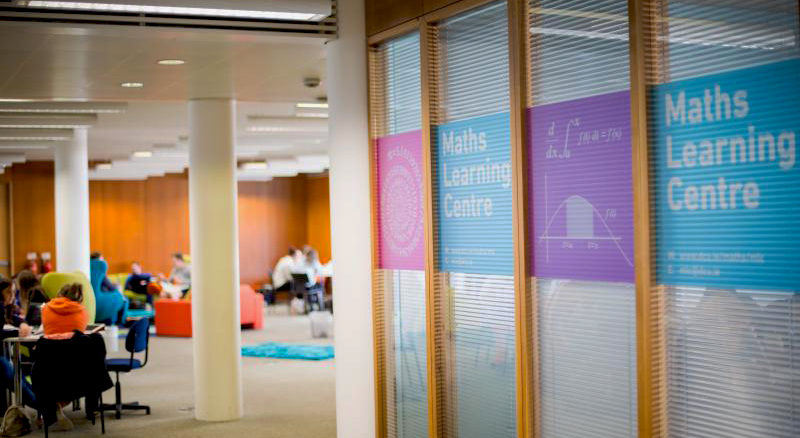
[dropcap]A[/dropcap] certain ‘mindset’ in people may be the reason they achieve in particular areas, especially mathematics, says the director of the Maths Learning Centre in DCU, Eabhnat Ni Fhloinn.
The mindsets come in the form of either a ‘fixed’ mindset or a ‘growth’ mindset and are both in relation to how people view their own ability in a certain subject. “Those with a growth mindset believe that their intelligence can be developed, while a fixed mindset reflects the belief that intelligence is unchanging.”
Taking from the work of Stanford University psychologist Carol Dweck, who published a book on the subject of mindsets, Ni Fhloinn is now challenging the belief that mathematical ability is a ‘gift’ that you either have or you don’t.
This belief has been inherent in popular culture for years, with many people giving into the idea that they are simply ‘no good’ at maths and becoming reluctant to even participate in maths related problems.
Ni Fhloinn also talks about another book relating to the subject, written by the Professor of Mathematics Education at Stanford, Dr Jo Boaler, called Mathematical Mindsets, which focuses solely on how to encourage a growth mindset in a child towards maths.
Ni Fhloinn puts a lot of emphasis on the work of Dweck and Boaler with “both advocating praising the process rather than either the child or the outcome of their work.” Ni Fhloinn also believes that another way we can encourage a growth mindset in relation to maths is by “in terms of our reaction to mistakes – instead of these being seen as a sign of failure, they should be valued as a way of learning.”
Students studying courses such as Actuarial Maths in DCU also agree with Ni Fhloinn, saying maths needs to be thought in relation to these mindsets, “I think some people are born more mathematically inclined than others but I also think schools need to play a bigger part in encouraging young students to engage with maths. People get discouraged too easily from trying maths when they don’t pick it up straight away. Schools need to be modernised for everybody and not just the fastest learners.”
Lucy Mangan
Image Credit: DCU.ie




Leave a Reply